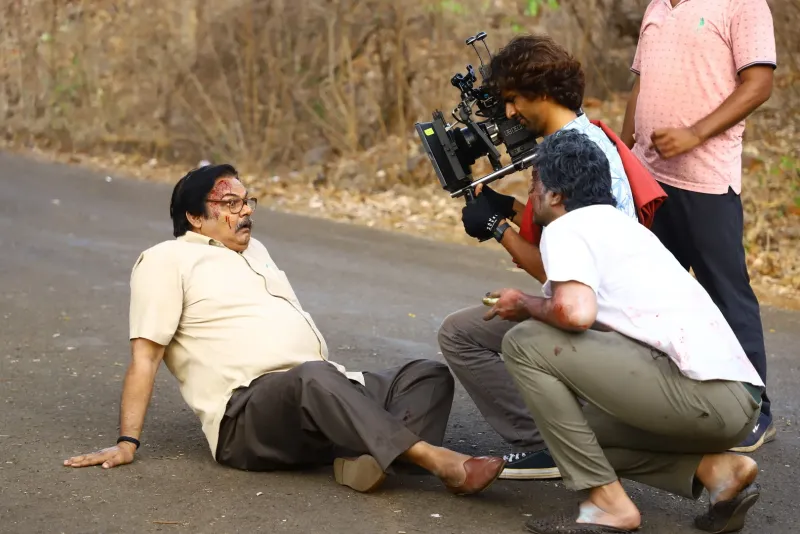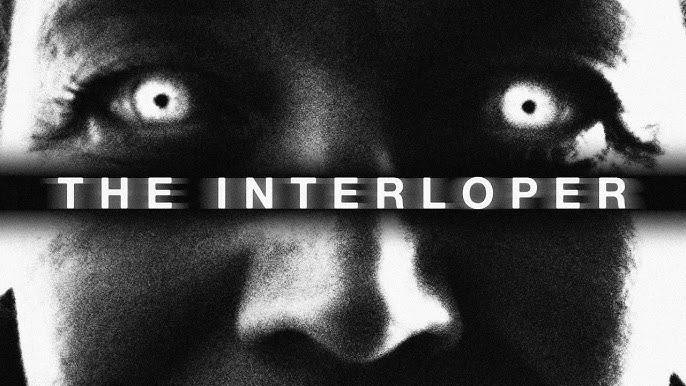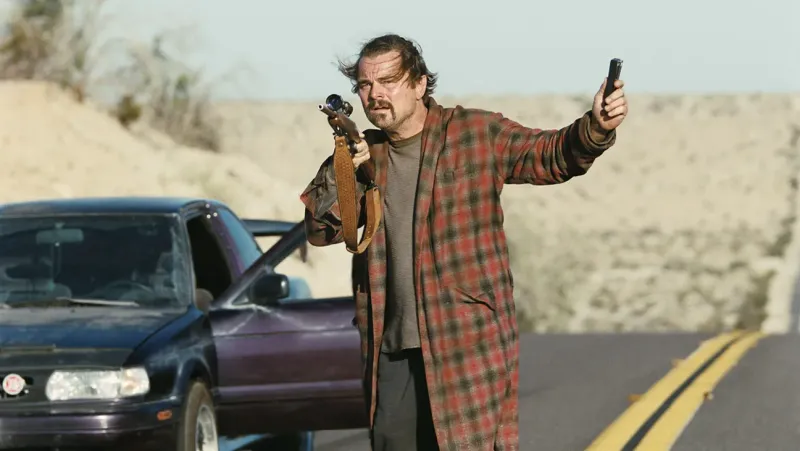In 2010, Haris is heading to his job at Goldman Sachs. He's getting a ride from his father Imran, who is more enthused about his son's job than Haris himself. They get a call from Haris's uncle Alim, who is cheerful and supportive of his nephew. But in 2015, Haris is much more cynical and downcast than before, truly hating his work. But he's still getting a ride from his father, who is just as determinedly hard-working and positive as possible. Uncle Alim calls again, sounding much more depressed. And then in 2020, Haris gets a ride from Imran his father again to the airport. But now it's his father who is in a dark place, and Haris is in the position of offering support for his father in a moment of grief and sorrow. Directed by Andrew Carter and written by Kahlil Maskati, this compelling dramatic short traces the development of a father-son relationship over the course of three different car rides spread over 10 years. In each ride, the set-up is the same: father drives, son sits in the front and tolerates his father, and then they get two phone calls: one from Imran's boss and another from Uncle Alim. But each ride is different as the characters progress over time, illuminating the highs and lows of their relationship. The film is essentially a two-hander of two main characters talking in an enclosed place, and the visuals take a naturalistic approach, though angles and astute editing create dynamism in the cramped quarters of the car. But the main momentum of the storytelling is generated through the alchemy of the writing's excellent dialogue and precise yet understated performances.

The script has a sharp ear for the way parents and children talk to one another: how expectations are imposed, how they are resisted and how resentments and irritations build when people feel like they're not being understood. Actors Omar Maskati and Ajay Naidu as Haris and his father Imran, respectively, deftly convey this dynamic, as well as the passage of time and the change in character. They are seemingly on different paths that intersect in sometimes tense ways, especially over their different attitudes toward work. There are generational and cultural differences between them, but their roles of an assertive parent who knows best and a child chafing underneath it all are recognizable and relatable. But that relationship changes when Haris's father is in the throes of deep grief and finds himself opening up to his son -- an exchange that loosens their conflict and allows them to relate to one another in a new way. Compelling, intimate and well-observed, "Uncle" weaves together themes of family, mental health and vulnerability, explored through the ways that fathers and sons communicate, or often don't. At first, the pair seem hardly to hear one another, entrenched as they are in their respective perspectives. But when they can let go of their dogmatic positions and truly hear one another when it matters most, their relationship becomes more spacious -- an opening that allows love, care and affection in.



